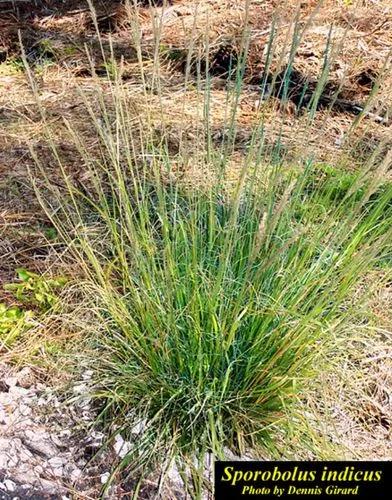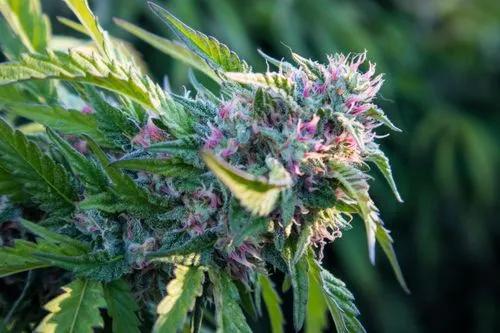It is native to much of the eastern United States and parts of Canada, and it can be found in the Western United States through California. It may be an introduced species in some western climates.[3] It grows in many types of habitat, including disturbed areas and chaparral habitats
Fall Panicgrass Care
Panicum dichotomiflorum



What is the plant
Panicum dichotomiflorum is an annual grass growing decumbent or erect to a maximum height near one meter-3 feet. It can be distinguished from its relative, Panicum capillare - Witchgrass by its hairless leaves.[4] The inflorescence is a large open panicle up to 20 centimeters long and fanning out to a width of 16 centimeters.
This plant is useful.
How to get rid of: manual weeding
How to Care for the Plant

Popularity

69 people already have this plant 4 people have added this plant to their wishlists
Ease your plant care routine with PlantIn's personalized system.
What's wrong with your plant?
Related Plants
Discover more plants with the list below
Popular articles






